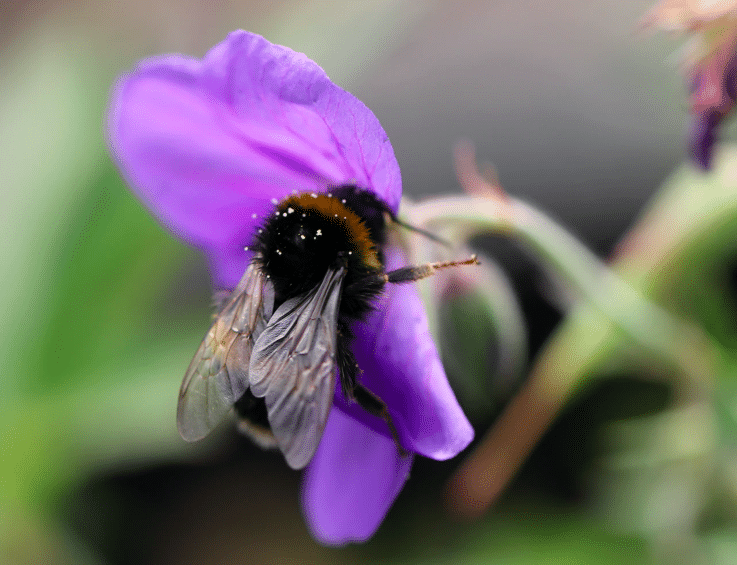During a study conducted in Ireland, a country where bees play a crucial role in the multimillion-dollar pollination service industry, a concerning revelation emerged about pesticides and their impact on the lives of bees. Specifically, this research focused on honeybees and bumblebees, two of the most important pollinator species.
The results of this study, published in the “Science of the Total Environment” journal, shed light on a crucial aspect: not all bees react the same way to exposure to pesticides found in pollen. This is noteworthy because the initially studied sites had not been exposed to pesticides in the immediate periods prior to sampling. However, it was found that pesticides present in the soil were later detected in the pollen of the plants growing there. Among the pesticides analyzed, fungicides and neonicotinoids stood out, with a higher concentration in bumblebee pollen.
This finding is even more alarming when considering that previous studies had already raised the issue of the synergistic effect of fungicides combined with insecticides, making the impact even more detrimental to bees.
The implications of these results are profound and raise serious concerns about the continued use of these chemicals in cultivated fields. Not only do they endanger the lives of bees, but also the overall biodiversity of pollinators. It serves as a warning reminding us that what is true for one species may not be true for another, making the management of the health of all pollinators a complex and urgent challenge.
Furthermore, this study warns us that the analysis of honey produced by bees may not fully reflect the general conditions of pollinators. Therefore, it is essential to take concrete measures to protect the health of these valuable creatures and preserve the richness of biodiversity in which they are crucial.
